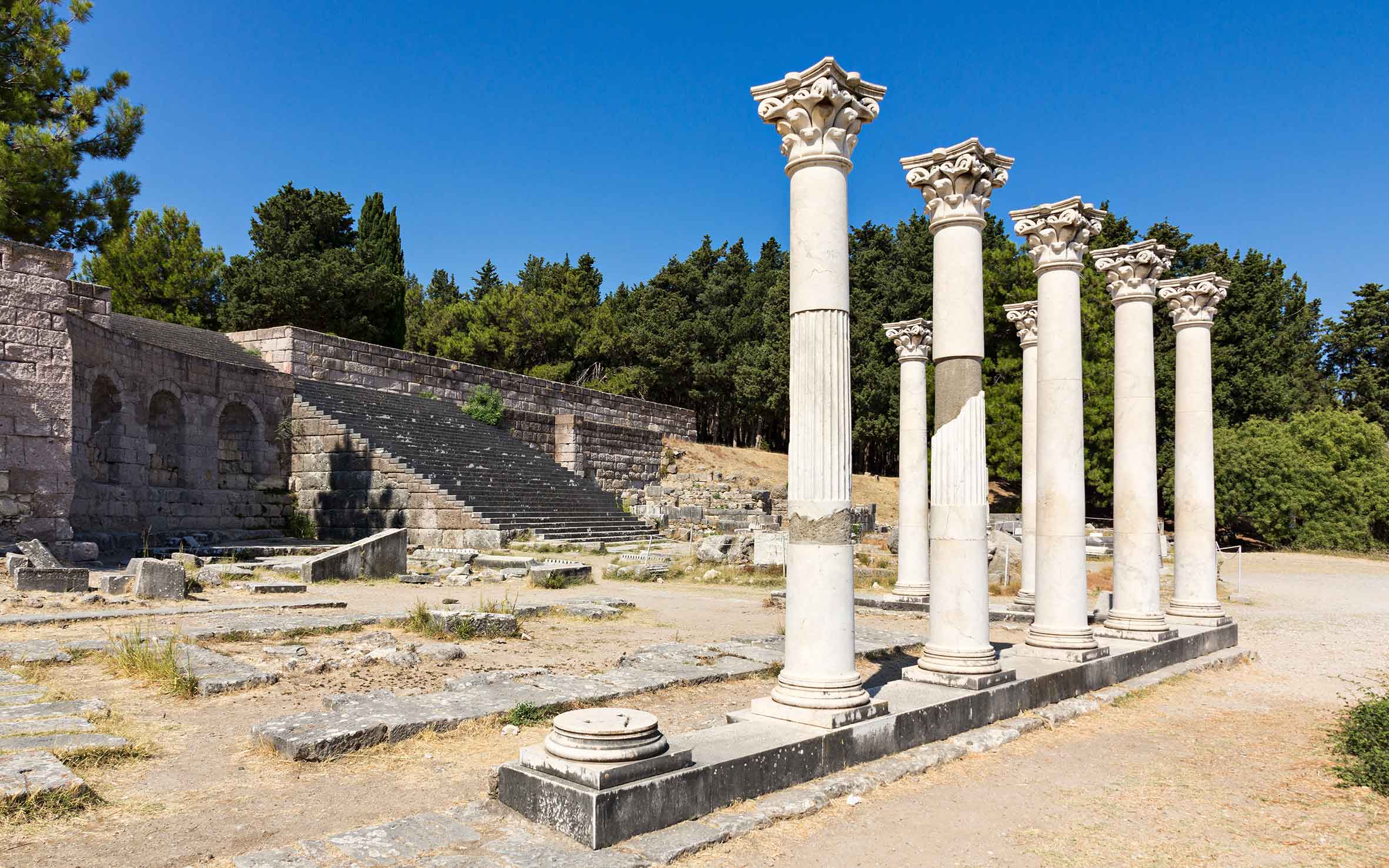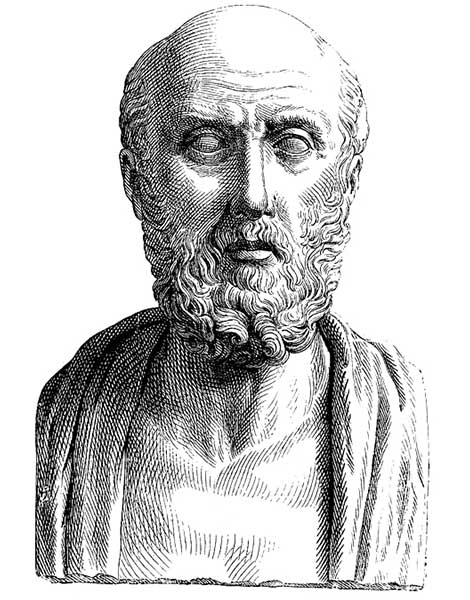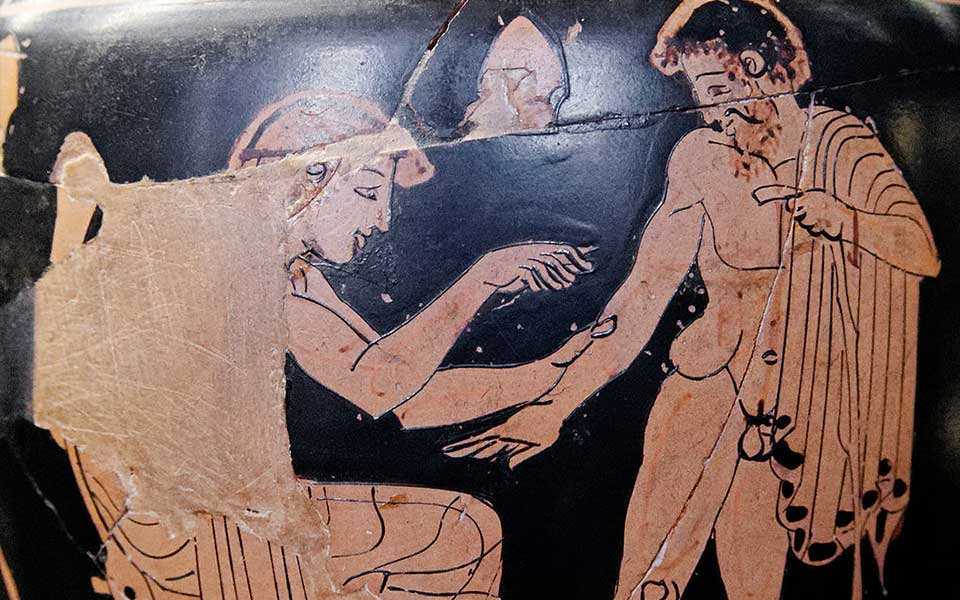Imagine you’re living in ancient Athens, and something has gone terribly wrong. Perhaps it’s an unbearable headache that feels as though a god’s hammer is pounding against your skull, or maybe you’ve taken a serious fall while fetching water, leaving your ankle swollen and twisted. Pain sears through your body, radiating with every breath. Panic grips you as you realize there is no hospital to rush to, no paramedics to summon with their flashing lights and advanced tools. Instead, you are carried or limped to the nearest “Asclepieion”—a temple dedicated to Asclepius, the god of healing.
The air grows thick with the pungent scent of burning herbs as you approach the temple. You’re laid on a cool stone slab, staring up at the vaulted ceilings as the rhythmic chant of priests echoes around you. Shadows flicker in the dim glow of oil lamps, casting eerie shapes on the walls. You don’t know what to expect, but in this sacred space, you place your faith in the gods—and in the healers who serve them.
In ancient Greece, disease and injury were often seen as the work of vengeful gods or as imbalances of the body’s fluids, known as “humors.” Over time, however, Greek medicine evolved from these mystical beliefs, paving the way for early scientific thought. What was it really like to undergo surgery or seek medical treatment in such a world? To fully appreciate that experience, we must turn to the teachings of groundbreaking figures like Hippocrates, credited with the famous “Hippocratic Oath,” and Galen, the Roman-Greek physician-philosopher whose studies shaped the very foundation of medicine as we know it today.
Let’s journey through ancient Greece to explore the remarkable surgical techniques and innovations that shaped the future of healing.

The Spiritual Roots of Greek Medicine
In pre-Classical Greece, illness was believed to be a divine punishment. A splitting headache or a fever that crept up suddenly in the night wasn’t just a physical ailment— it was an omen, a sign that you had angered the gods. Your best chance of recovery would lead you to an Asclepieion, where priests, acting as intermediaries between the mortal and divine realms, would attempt to restore your health.
Here, spiritual rituals intertwined with rudimentary medical treatments. One common practice, called “enkoimesis,” involved patients entering a dreamlike sleep within the temple, aided by opiate-like drugs. As you succumb to the drug’s numbing pull, you might hear the faint sound of dogs’ paws pattering nearby. The priests believed in the healing powers of animals, especially dogs, whose saliva was thought to possess magical qualities. You can feel the warm, rough tongue of a dog as it licks your wound, and you wonder—will this strange remedy really work?
The early methods of healing, while deeply spiritual, also included more practical remedies. You might be treated with herbal concoctions made from wild plants, soothed in a hot bath, or receive prayers chanted in harmony with the rising smoke of incense. Yet as Greek society advanced, so too did its understanding of the body. Physicians like Hippocrates of Kos began questioning divine explanations, shifting the focus toward empirical observation and a more methodical approach to healing.

© Shutterstock
The Four Humors: Balancing the Body’s Fluids
By the time of Hippocrates (c. 460 – c. 370 BC), Greek medicine had taken a significant step forward with the development of the theory of “humorism.” According to this model, your health was governed by the balance of four bodily fluids—blood, phlegm, yellow bile, and black bile. The physician standing before you doesn’t blame the gods for your fever or persistent cough. Instead, he carefully examines you, checking the color of your tongue and listening to the sounds of your breath. His diagnosis? An imbalance of your humors, possibly too much phlegm brought on by the cold, wet winter air.
The treatment is almost as alarming as the diagnosis. If you suffer from a severe headache, the physician may opt to perform bloodletting, opening a vein to release the excess fluid thought to be causing the pressure in your skull. You watch as the dark red liquid flows into a clay bowl, feeling a curious mixture of fear and relief. For less severe ailments, the physician might brew herbal teas—steaming mugs of peppermint or chamomile designed to soothe your discomfort and restore balance to your humors.
Seasonal changes, diet, and living conditions all played a critical role in this medical framework. A summer heatwave might dry out your humors, triggering a rise in bile, while the lack of clean water, the stench of nearby streets, and the infestation of vermin often led to outbreaks of illness, explained away through this complex theory of fluid imbalance.


Hippocrates: The Father of Modern Medicine
Hippocrates of Kos, often referred to as the father of modern medicine, revolutionized the way the ancient Greeks viewed health and illness. By rejecting the idea that sickness was purely the result of divine wrath or a curse from Olympus, he introduced the notion that diseases had natural causes, directly tied to environmental factors, lifestyle, and diet.
Imagine yourself with a broken ankle, wincing in pain as a physician, trained in the Hippocratic tradition, examines your injury. With nothing but his hands and a keen eye, he gently manipulates the bones, feeling for fractures. He has no X-rays, no advanced imaging tools, only the power of careful observation and knowledge passed down through generations.
Hippocrates was one of the first to emphasize the importance of clinical observation—a practice that laid the foundation for modern evidence-based medicine. The Hippocratic Corpus, a collection of around 60 medical works associated with the venerable physician, reveal that he performed various surgeries, including setting fractures and reducing dislocated joints. Using only the simplest of tools—wooden splints, bandages, and early surgical instruments like scalpels and speculums—he developed techniques for treating wounds that were the forerunners of the sutures we use today.
Yet surgery in ancient Greece was not for the fainthearted. Without the luxury of anesthesia or antiseptics, even the most minor procedure could result in unbearable pain, infection, or death. Despite this, Hippocrates was one of the first to advocate for cleanliness, insisting that physicians wash their hands and instruments before treating patients—radical ideas for the time that likely saved countless lives.

Galen: The Anatomist and Surgeon
Fast forward 500 years, and we meet another giant of ancient medicine: Aelius Galenus, or Galen of Pergamon (129 – c. 200 AD). Building on the foundations laid by Hippocrates, Galen expanded the scientific knowledge of the body and introduced more advanced surgical techniques.
Imagine now that you’ve suffered a deep, infected wound—perhaps a result of a farming accident or battle. Under Galen’s care, your wound would first be cleaned with vinegar or honey, both of which were believed to possess antiseptic properties. Infection, in a world without antibiotics, was deadly, but Galen’s meticulous attention to hygiene helped stave off the worst outcomes.
One of Galen’s more daring procedures was “trepanation,” an early form of brain surgery. To relieve pressure or treat severe head trauma, Galen would drill small holes into the skull with delicate tools called trephines. Though the procedure was highly risky, it was sometimes the only way to save lives. In fact, archaeological evidence of trepanation dates back to 7000 BC in the Neolithic period, but Greek physicians later refined the procedure, significantly improving patient survival rates.
Galen’s detailed anatomical studies, largely based on animal dissections (notably primates), provided him with a deep understanding of the human body’s internal structure, and his extensive writings on surgery and anatomy would influence Western medicine for well over a millennium.

Surgical Innovations in Ancient Greece
Beyond the contributions of Hippocrates and Galen, ancient Greek surgeons developed surprisingly sophisticated techniques. Trepanation was just one example of their surgical expertise. Other procedures, such as cataract removal—known as “couching”—and bladder stone extractions, demonstrate the Greeks’ evolving grasp of anatomy and surgical methods. In the case of cataract surgery, a needle was used to dislodge the cloudy lens from the eye, restoring a degree of vision to the patient—an astonishing feat, considering the rudimentary tools available.
Even abdominal surgeries were performed, though only when absolutely necessary. These operations, usually aimed at draining abscesses or removing foreign objects, were perilous, but their success points to an increasing sophistication in ancient Greek surgical practice.

The Legacy of Ancient Greek Medicine
The influence of ancient Greek medicine continues to echo through the halls of today’s hospitals and clinics. Hippocrates’ ethical standards, particularly the Hippocratic Oath, resonate in modern medical practice, while Galen’s anatomical studies laid the groundwork for centuries of surgical and medical advancement. Even some of the tools and procedures developed in ancient Greece—scalpels, sutures, and clinical observation—remain staples of the modern operating room.
Today’s surgeons, operating in sterile environments with cutting-edge technology, are the heirs of these ancient pioneers. What began as a mystical blend of divine supplication and rudimentary experimentation has evolved into the highly refined medical sciences we rely on today.












